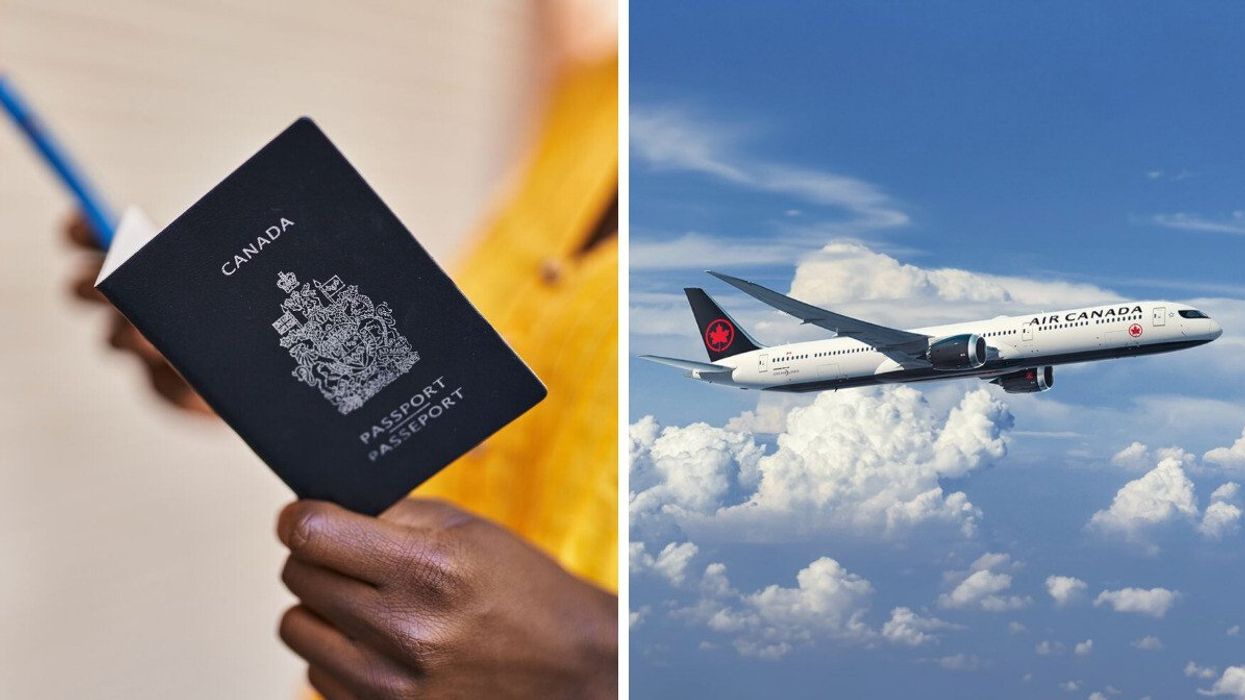The first $518 million in payments to three of the nation’s largest opioid distributors will begin flowing into Washington communities in December, providing much-needed cash that officials can use to hire emergency responders or make referrals for prevention, treatment and other services. Attorney General Bob Ferguson said Monday.
“These significant resources will help Washington fight back the opioid epidemic it continues to tear holes in the very fabric of our communities and families, overwhelms our public health resources and floods our foster care system with young innocent victims,” Ferguson said at a news conference in Seattle.
Ferguson, a Democrat, rejected the national settlement with the distributors — McKesson Corp., Cardinal Health Inc. and AmerisourceBergen Corp. — and also with Johnson & Johnson, which has been adopted by almost all other states. Under the deal, states would receive nearly $20 billion over 18 years.
Instead, Washington spent six months in a complicated lawsuit against the companies before reaching its own settlement in May that is worth $46 million more than the state would have received under the national deal. Washington is also pursuing a separate lawsuit against Johnson & Johnson, which is expected to go to trial next year.
Over the past two decades, more than 500,000 Americans have died from opioid overdoses, including prescription painkillers and prohibited drugs such as heroin. Recently, the number of deaths from the distribution of illegally manufactured fentanyl has increased dramatically.
The attorney general argued that the three companies shipped such huge quantities of the drug to Washington that it was clear they were fueling addiction: Opioid sales in the state rose more than 500% between 1997 and 2011. In 2011, more than 112 million daily doses of all prescription opioids were dispensed in the state—enough for a 16-day supply for every resident. In 2015, eight of Washington’s 39 counties had more prescriptions than residents.
The companies insisted that they were simply supplying opioids that were prescribed by doctors, and that it was not their role to chase prescriptions or interfere with the doctor-patient relationship.
In addition, the companies argued, Washington state itself played a large role in the epidemic. In the 1990s, he was concerned that people in chronic pain untreated, lawmakers passed the Chronic Pain Act, which makes prescribing opioids easier.
Nationally, the opioid industry has agreed to settlements totaling more than $40 billion.
$518 million of the distributor settlement will go to Washington over the next 17 years, with $55 million coming as the first payment on Dec. 1. About $476 million of the total will go toward fighting the opioid crisis, such as substance abuse. treatment; expanding access to drug overdoses; and providing housing, employment and other services for those struggling with addiction. The rest of the money will be used for legal costs.
The agreement in Washington required the approval of 125 cities and counties, which receive $215 million directly and which agreed among themselves how to divide the money based on factors such as the amount of painkillers that were sent to their jurisdictions and how many residents died of overdoses.
While Washington’s most populous county, King County, and its cities will receive $56 million, some smaller communities are getting more modest amounts. Burien, a south Seattle suburb, gets just $58,000.
Burien Mayor Sophia Aragon, who is a registered nurse in training, said she expects her city to pool its money with several other cities in southern King County for initiatives that could include the best crisis treatment centers in the region.
“A lot of cities are still thinking about what they can do,” she said. “Now that all 125 jurisdictions have signed on, it will be much easier to coordinate.”
Ferguson also refused to agree to a national bankruptcy plan by Purdue Pharma, the maker of Oxycontin, and the Sackler family. In March, he and eight other attorneys general won an additional $1.2 billion from the Sacklers to help states, cities and tribes deal with the damage opioid epidemic.
Washington’s share of the bankruptcy payout has more than doubled, from $70 million under the original plan to $183 million.
© 2022 The Associated Press. All rights reserved. This material may not be published, broadcast, copied or distributed without permission.
Citation: More than $500m from opioid deal starts heading to Washington (2022, October 4) Retrieved October 4, 2022, from https://medicalxpress.com/news/2022-10-500m-plus-opioid-washington. html
This document is subject to copyright. Except in good faith for the purpose of private study or research, no part may be reproduced without written permission. The content is provided for informational purposes only.






